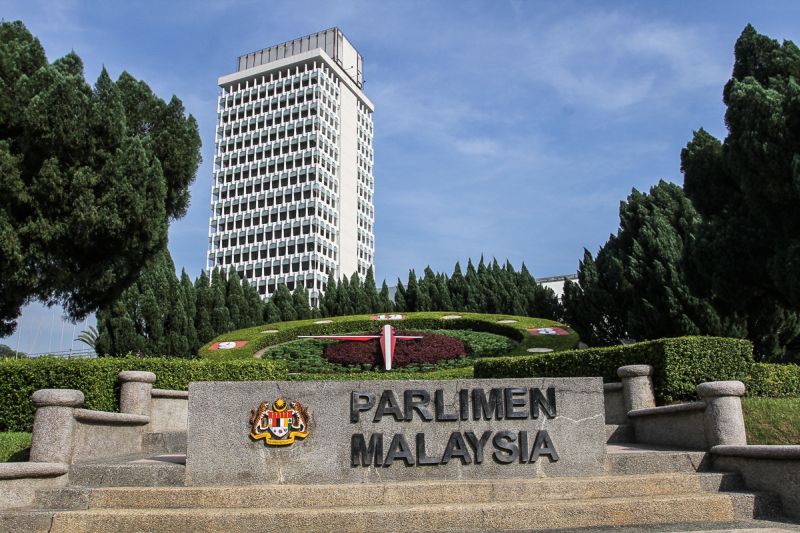KUALA LUMPUR, Oct 28 — Parliament’s select committees must be given power and autonomy to hold inquiries on matters of public interest, a group of former judges and public officials said today, as it raised concern over Putrajaya’s sluggish reforms.
The committees should be empowered to initiate its own investigations and act as an oversight body that tracks the new government’s progress, with each panel having its own areas of expertise to speed up inquiries and make recommendations, the G25 group said in a statement.
It said this should include giving the panels power to extend its inquiries through a special commission on specific issues. The commission would then report its findings to the respective committees for further action, a process G25 said would give Parliament better insights before formulating policies.
“In advanced democratic systems, their parliaments have a dual function.
“They not only carry out oversight on the operations of the government by holding to account its ministries and departments as well as the political appointees and civil servants, they also initiate an inquiry into a matter which has become a public controversy.
“Malaysia should adopt the same approach,” the group said.
G25 is also calling for the inquiries to be open and transparent. This comes after concerns were raised over the government’s refusal to make public findings of the two royal commissions of inquiry, one that looked into the Sultanah Aminah Hospital fire in Johor Baru, and another into the treatment of foreign workers.
The group panned the Pakatan Harapan government for “this obsession” over secrecy, which it said contradicted the administration’s pledge for transparency and openness on matters of public policy.
To rectify this, G25 proposed that all commissions of inquiry submit their reports to parliament to be tabled for debate in the relevant select committee.
It cited as example the purported lack of progress over calls for legislative changes to give recognition to gender equality and women’s rights, and to ban child marriage and female genital mutilation under Shariah laws.
The group said such policy matters need open discussion, and that the best platform would be the bipartisan parliamentary select committees, as the debates would weigh on views from all sides of the political divide.
“Like in other parliamentary systems, the committee members should not just talk but also initiate the legislative action which they can submit for the government to consider as a solution to the problem,” it said.
“In this way, our parliament will become a working institution that plays a constructive role in the governance of the country.”



















